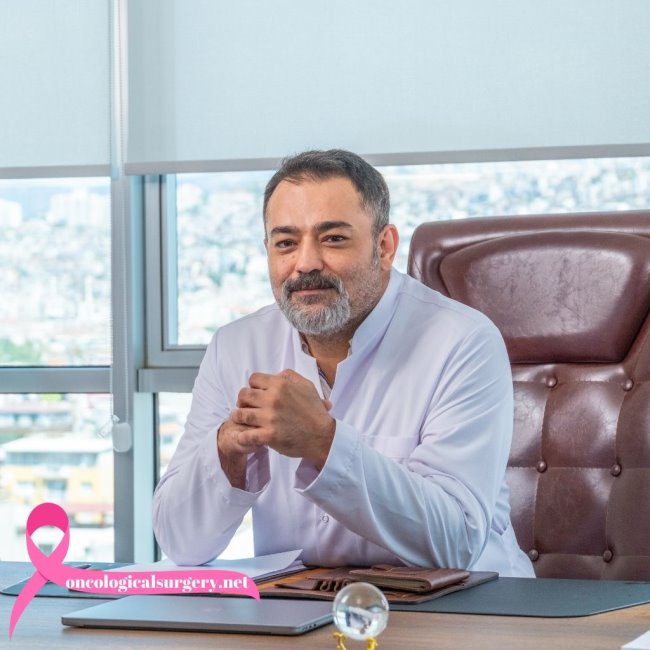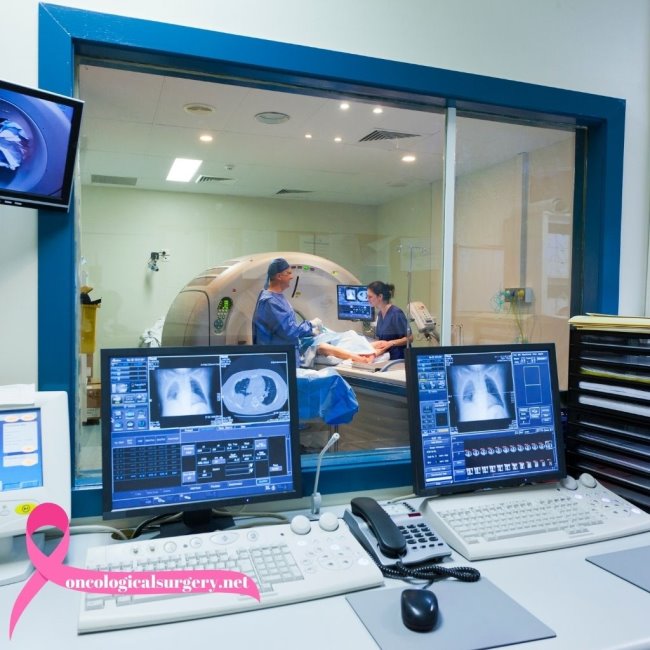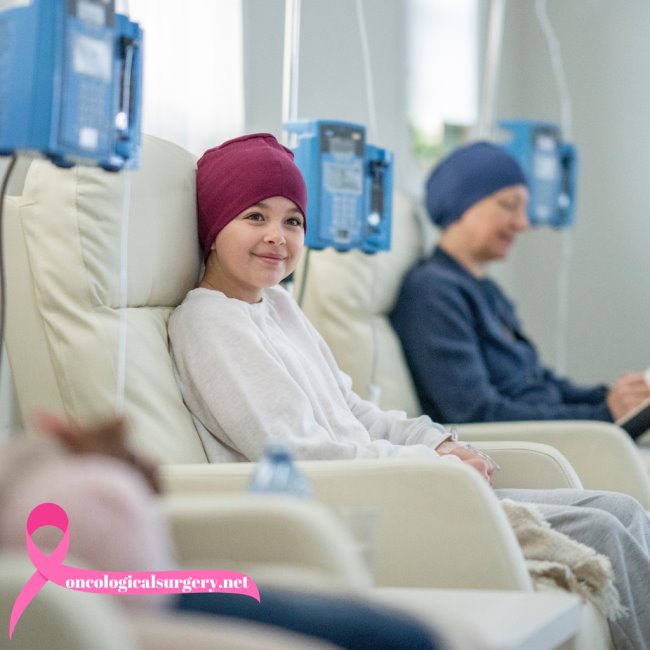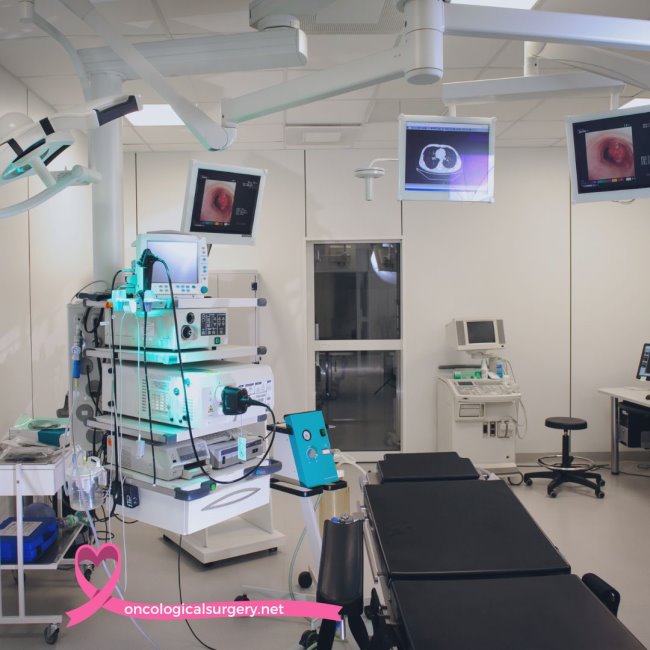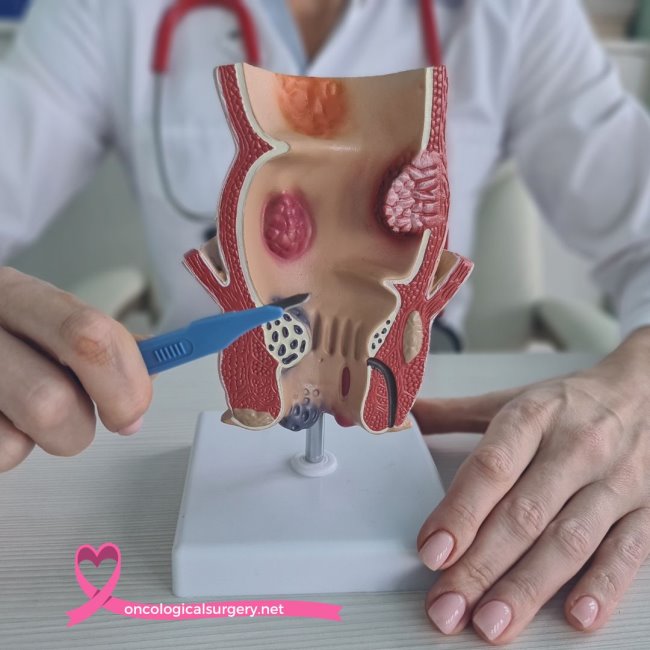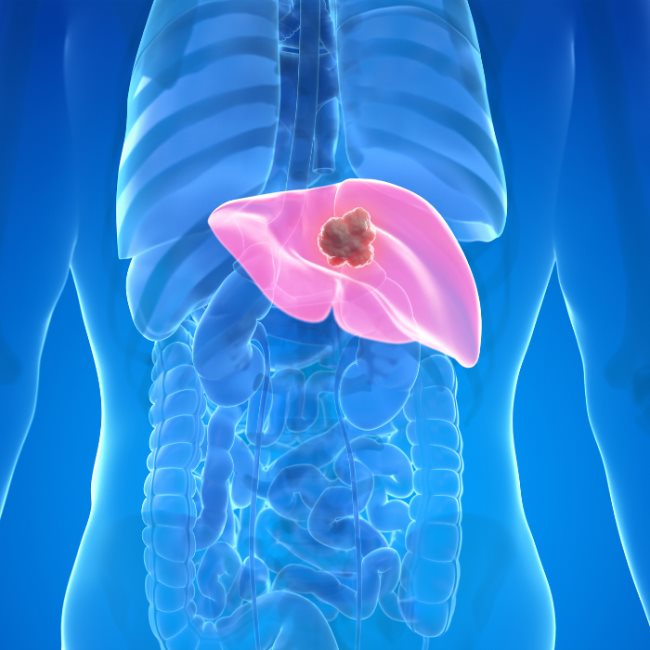
Advances in Surgical Oncology: What Patients Need to Know
Surgical oncology has improved much over the past few years and is now benefiting the patient by providing improved outcome of improved survival, faster recovery, and improved quality of life. Whether we are operating to treat colon, pancreatic, stomach, thyroid, or bile duct cancer, recent surgery and recent treatments are transforming the art of cancer treatments.
For these individuals, awareness of these innovations provides them with reassurance and promise of improved outcome from their therapy. In this article, some of the most important innovations in oncologic surgery are discussed, the latest approaches are described, and ways these innovations are enhancing patient survival and healing are highlighted.
1. History of Surgical Oncology
Oncology surgery now is much different from the yesteryear era of the era of the big operations of the yesteryears to minimally invasive surgery with more accuracy and lesser morbidity. Cancer surgery was all high cuts, long hospitalization, and long convalescence yesteryears. But recent years of technological advancements like robotic surgery and laparoscopic surgery revolutionized cancer surgery around.
These advanced surgery operations allow surgeons to operate through fewer cuts, minimal blood loss, and fewer risks of infection. This means faster healing and improved surgery outcome for cancer surgery patients. As technology keeps developing day by day, the future of oncologic surgery keeps getting more radiant with improved accuracy and efficiency.
2. Robot-Assisted and Laparoscopic Surgery in Cancer Treatment
Minimally invasive surgery, including robotic and laparoscopic surgery, are being performed on all sorts of cancers, including colon and pancreatic surgery. Surgeons use these operations to perform more complex operations more accurately, and this results in fewer traumatism and faster recovery of functional ability.
At first, laparoscopic surgery is possible from smaller cuts and telescope-directed procedure and hence is lesser traumatic to tissues. Robotic surgery is more precise and allows one to perform those fine operations otherwise very challenging. The patients experience lesser pain, lesser hospitalization, and lesser chance of complication, and hence these surgeries are extremely popular these days in oncologic surgery.
3. HIPEC:
Translating to Revolution One of the latest breakthroughs of cancer surgery is HIPEC (Hyperthermic Intraperitoneal Chemotherapy) therapy. HIPEC is also one of the newest therapies of mostly abdominal cancers, where warm chemotherapy is given directly to the tumor-bearing area after resection of the growths.
It allows for more targeted therapy, avoiding the toxicity of chemotherapy on the remaining body. HIPEC is shown to significantly enhance survival among people affected by peritoneum cancers, and it is an optimistic therapy to those looking for innovative treatments.
4. Improvement in Thyroid and Bile Duct Cancer Surgery
For cancers of the thyroid gland and bile duct (cholangiocarcinoma), to cite but two, surgery is far more advanced nowadays, and survival and quality of life following surgery are improved.
Thyroid cancer treatments also are increasingly more and more directed, and most use minimally invasive techniques to destroy the cancers without affecting the gland's function. Similarly, technological advancements on surgery against bile duct cancer, including being able to do more imagery and more precise surgery, are enhancing patient outcome. In doing so, cure and earlier diagnosis are closer than ever.
5. Metastasis of Colorectal Cancer: Hope on the Horizon for Patients
Those with colon cancer liver metastaeses were formerly given very little to their name, but recent advancements within surgery make curative therapy an option. Resection and ablation as liver-directed therapies provide cancer individuals who are developing colon cancer their greatest prospects.
Surgical oncologists are now able to selectively excise metastatic cancers more easily, typically as an adjuvant to targeted chemotherapy to achieve improved results. Multidisciplinary therapy did, in fact, increase the survival of colon cancer sufferers, providing them with improved prospects of long-term remission.
6. The Private Oncologist's Role In Individuated Cancer Treatment
Having an oncologist call them personally or having them get their opinion from someone else is the height of cancer personalized therapy. Researching therapies on cancer and developing them against cancer surely makes all the difference to the patient's fate to be visited by an experienced private oncologist who stays updated about latest surgery methodologies.
Private oncologists are more inclined to provide personalized treatments, and their patients are able to seek alternative treatments, clinical trials, and experimental surgery. They are able to make their own decisions about their own body by means of this personalization, having more acceptable treatments and enjoying improved quality of life.
7. Preparing for Cancer Surgery:
How to Prepare It is terrible to undergo cancer surgery, but good preparation can eliminate fears and facilitate easy recuperation. Patients must collaborate with the oncologist to familiarize themselves with the procedure, risks, and outcome.
In addition to medical preparation, healthy living, healthy diet, and mild exercise before surgery can facilitate easy recuperation. After surgery, ideal stitches or wound care, physiotherapy, and check-ups can ensure successful recuperation.
Conclusion
Surgical oncologic progress brought about hopes of the healing of cancer, as there are more successful and least invasive surgeries accessible to the patient. Whether it is by means of robotic surgery or newer surgery modalities such as HIPEC, these are increasingly enhancing survival and quality of the patient.
In case you or your loved one is affected by cancer, knowing the recent advancements of surgery and visiting an private oncologist specialist may be the turning point. With advancing research and developing technology, the future of cancer surgery looks much brighter when it comes to outcome and results.
